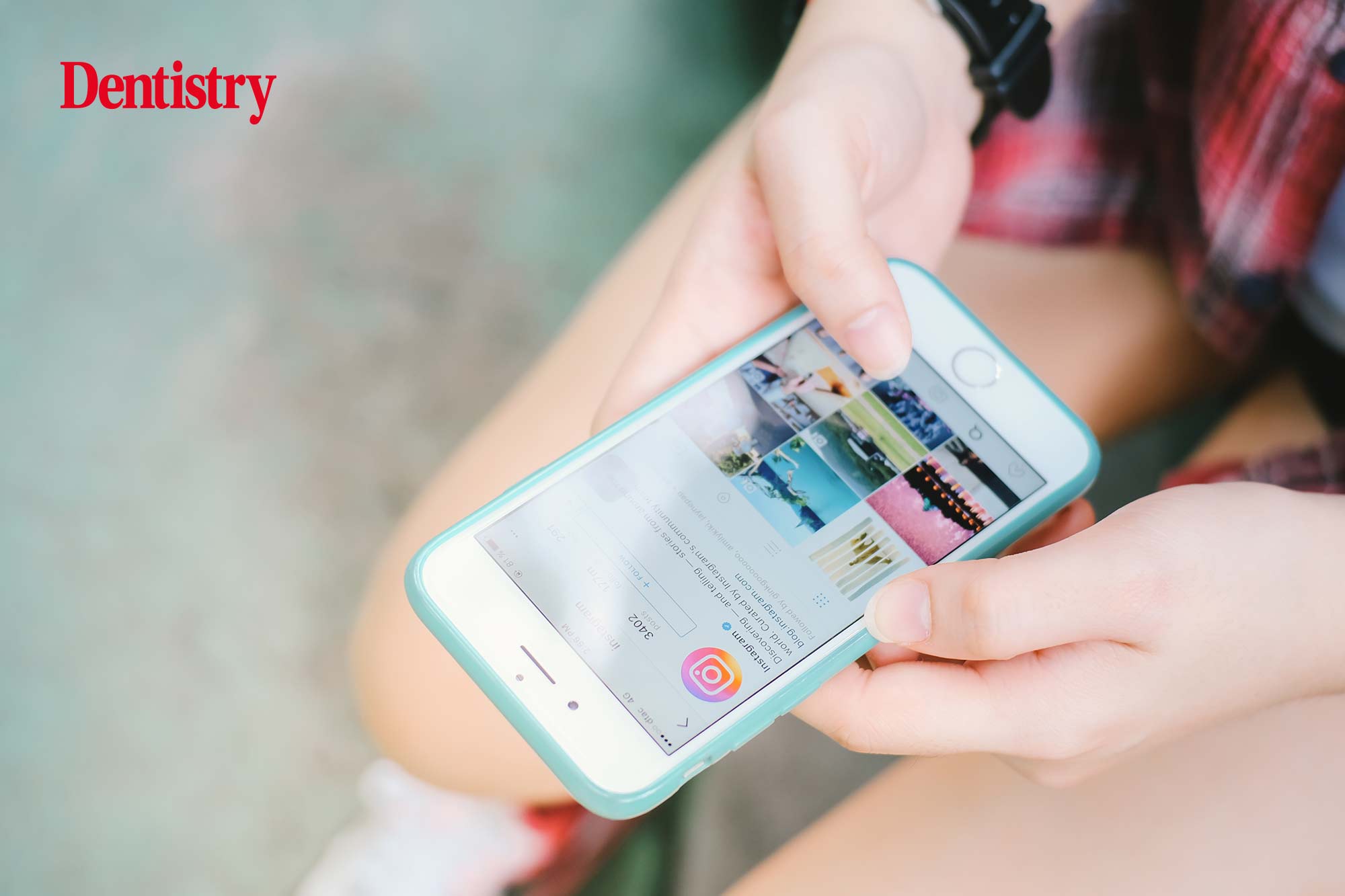
Your virtual life may feel distinct from your day-to-day practice – but you are accountable to the regulator for your online activity.
This is according to Dental Defence Union (DDU) dentolegal adviser, Jo-Anne Taylor.
In the UK, 57 million of us use social media in our day to day lives. Social channels can be a great way to share information and keep in touch with friends and colleagues. It’s also the case that it can be far easier to express views, both positive and negative, on social media groups, that you may not dream of expressing in person, perhaps with misplaced confidence about the consequences.
As dental professionals, we are held accountable for any behaviour which could be judged by the regulator to bring the profession into disrepute. The GDC Standards for the dental team 9.1 states: ‘Ensure that your conduct, both at work and in your personal life, justifies patients’ trust in you and the public’s trust in the dental profession.’
As was seen in a recent case, the GDC can take action against a dental professional for misconduct if they feel their use of social media platforms has crossed the line. Its guidance on using social media is clear that ‘the standards expected of dental professionals do not change because they are communicating through social media, rather than face to face’.
Social media can be a source of support and relief from the pressures of practice but it’s important to think before you post. Here is the DDU’s guide to seven of the most common social media slip-ups and how to avoid them:
1. Maintain your professional image
Even if you do not identify yourself, posting about inappropriate behaviour, using offensive language or sharing or liking someone else’s abusive post could come back to haunt you. The GDC states: ‘You should not post any information, including personal views, or photographs and videos, which could damage public confidence in you as a dental professional.’
For good measure it warns: ‘Posting information under another username does not guarantee your confidentiality.’
2. Be respectful of others
It’s not a good idea to use social media to let off steam about a patient or colleague or allow yourself to be caught in a war of words. It’s easy to accidentally give offence when you cannot pick up the visual cues. Even if you believe your words can’t be taken seriously, others might have a different view and things can escalate.
The GDC says: ‘Do not instigate or take part in any form of cyber bullying, intimidation, or the use of offensive language online. If you share any such content posted by someone else, you can still be held responsible even though you did not create it.’
3. Be careful which groups you join
Think how the groups you join will look to those both inside and outside the profession. Even if you haven’t posted anything, you could find yourself associated with offensive posts by other members of a group you’ve joined.
Beware that on private dental professional discussion forums, there may be patients and journalists as group members. Your comments may also be shared outside the group and out of context.
4. Beware private messaging
If you are considering using direct messaging on social media platforms as a way of communicating with patients, such as for appointments, bear in mind the need to maintain professional boundaries.
Also, you’ll need to consider record keeping, confidentiality, data protection and that disclosing direct messages may be necessary if a complaint, claim, or regulatory matter arises. There is more advice on this topic in the DDU journal.
5. Keep patient confidentiality
The GDC says you must not publish anything that could identify patients on social media without their explicit consent. Be aware that if you think you have removed the identifying details, the content of multiple posts could be pieced together to reveal more than you intended (known as jigsaw identification).
6. Take care not to blur professional boundaries
By indicating a willingness to communicate on personal platforms rather than through traditional channels, you may blur the boundaries of your professional relationship. And if you provide your personal contact details to a patient, there is a risk that your intentions might be misunderstood.
We generally advise members not to befriend patients and avoid directly communicating with them through personal social networking sites.
7. Be cautious with remote diagnoses
Problems can arise if you comment on issues outside your area of expertise or you respond to individual requests for advice without being able to make a proper clinical assessment.
If you are approached for advice about a dental problem, you might be able to offer some general reassurance, but the best advice is to direct a person to their own dental practice.
For further advice on the golden rules of social media, see the DDU’s website.


